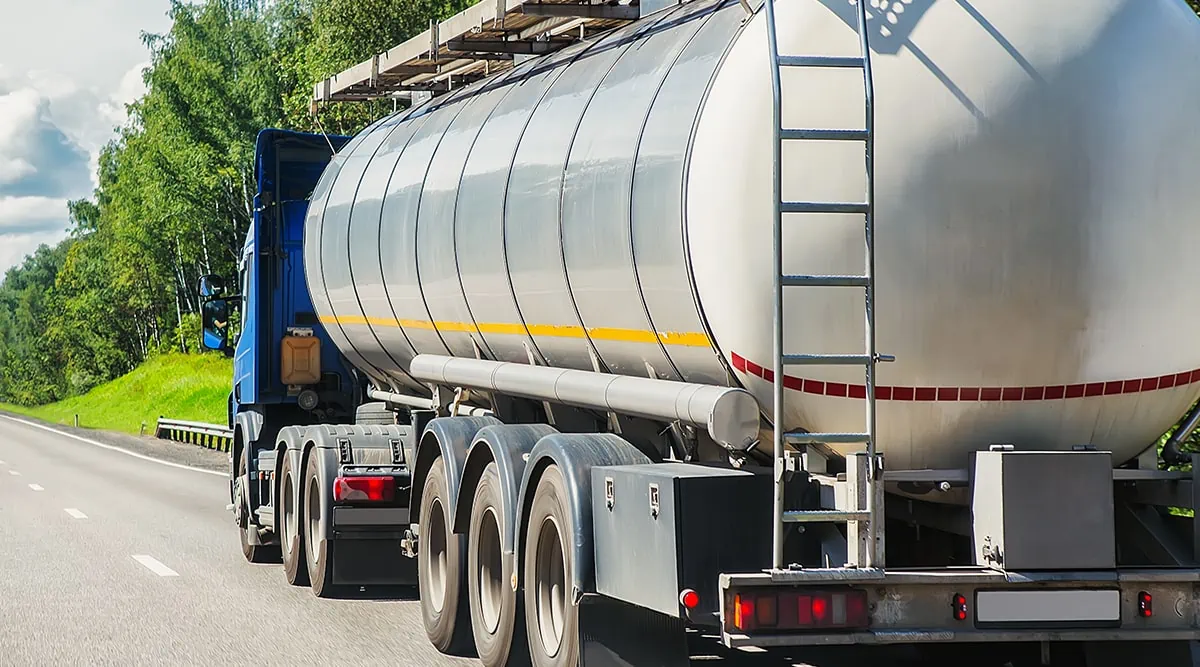The Of Reclaim Waste
The Of Reclaim Waste
Blog Article
All about Reclaim Waste
Table of ContentsThe Reclaim Waste Statements5 Simple Techniques For Reclaim WasteGetting My Reclaim Waste To WorkThe Basic Principles Of Reclaim Waste Indicators on Reclaim Waste You Need To Know
Check out the types, events, and types of liquid waste. Domestic sewer waste refers to the waste and products from a domestic septic tank. This sort of waste is produced by humans in residences, institutions, and various other structures. This only includes sewage-disposal tanks that have a drainpipe area. The correct monitoring and disposal of domestic sewer waste call for liquid waste to be transferred to a sewer therapy plant where the appropriate techniques and tools are applied to cleanse and get rid of waste.
Industrial waste commonly consists of prospective threats, such as flammable products or a mixture of fluid and strong waste items, and needs an advanced and comprehensive disposal process. The disposal of industrial waste usually involves the filtering of waste prior to transportation to make sure secure and proper disposal. Hazardous waste is created from by-products and overflow of commercial procedures and production.
This kind of waste can not utilize the exact same sewer monitoring transportation or processes as septic or industrial fluids. The industrial waste administration process calls for the assessment and screening of fluid waste before it undergoes the disposal process (liquid waste removal). Drainage waste is the fluid waste that originates from overflow and excess stormwater in very populated locations or cities
Drainage waste can create contamination and flooding otherwise dealt with appropriately. Find out more regarding drain cleaning and waste administration. Making certain appropriate waste administration can stop catastrophes and decrease environmental harm. Both people in household setups and experts in industrial or manufacturing markets can benefit from understanding the processes and policies of liquid waste monitoring.
Everything about Reclaim Waste
Get in touch with PROS Solutions today to discover our waste administration and disposal solutions and the appropriate means to take care of the fluid waste you produce.
(https://reclaimwaste.godaddysites.com/f/efficient-liquid-waste-disposal-removal-melbourne)This so-called 'wastewater' is not only a vital source however, after therapy, will be launched to our land, rivers or the sea. Utilized water from commodes, showers, baths, cooking area sinks, laundries and commercial processes is understood as wastewater.

water used to cool down find this machinery or clean plant and devices). Stormwater, a form of wastewater, is runoff that flows from farming and urban locations such as roofs, parks, yards, roads, paths and seamless gutters into stormwater drains pipes, after rain. Stormwater flows unattended directly to regional creeks or rivers, eventually getting to the sea.
The Ultimate Guide To Reclaim Waste
In Queensland, many wastewater is dealt with at sewer therapy plants. Wastewater is carried from residential or industrial sites via a system of drains and pump terminals, called sewerage reticulation, to a sewer therapy plant. Neighborhood federal governments build, maintain and operate most sewage treatment plants. Operators are certified under the Environmental Defense Act 1994 to discharge cured wastewater at an acceptable environmental criterion right into waterways.
The Department of Natural Resources advises city governments regarding managing, operating and preserving sewerage systems and treatment plants. In unsewered areas, neighborhood governments might need homeowners to set up specific or family sewage treatment systems to deal with residential wastewater from bathrooms, kitchen areas, shower rooms and laundries. The Department of Natural Resources authorises making use of household systems when they are proven to be reliable.
Most stormwater gets no treatment. In some new subdivisions, therapy of some stormwater to eliminate trash, sand and gravel has actually begun using gross pollutant catches. Wastewater treatment takes place in 4 stages: Gets rid of solid matter. Bigger solids, such as plastics and other things incorrectly released to drains, are removed when wastewater is travelled through displays.
Utilizes small living microorganisms knows as micro-organisms to break down and remove remaining dissolved wastes and great particles. Micro-organisms and wastes are included in the sludge.
The smart Trick of Reclaim Waste That Nobody is Talking About
Nutrient removal is not offered in any way sewage therapy plants due to the fact that it calls for pricey specialist equipment. It is ending up being more common in Queensland. Clear liquid effluent produced after treatment may still include disease-causing micro-organisms. If this effluent is released right into waterways such as rivers or the sea, the micro-organisms will eventually pass away out.

This normally indicates wastewater has actually to be dealt with or pollutants removed prior to it can be released to rivers. Many wastewater flows right into the sewage system. Under the Act, city governments administer approvals and licences for eco appropriate activities (Ages) involving wastewater launches that could have a neighborhood effect. The department carries out approvals and licences to Periods including wastewater launches that could have a regional or statewide impact.
The 10-Minute Rule for Reclaim Waste
Surveillance gives factual information regarding water quality and can confirm that permit problems are being fulfilled. The details acquired through monitoring offers the basis for making water high quality decisions.
Report this page